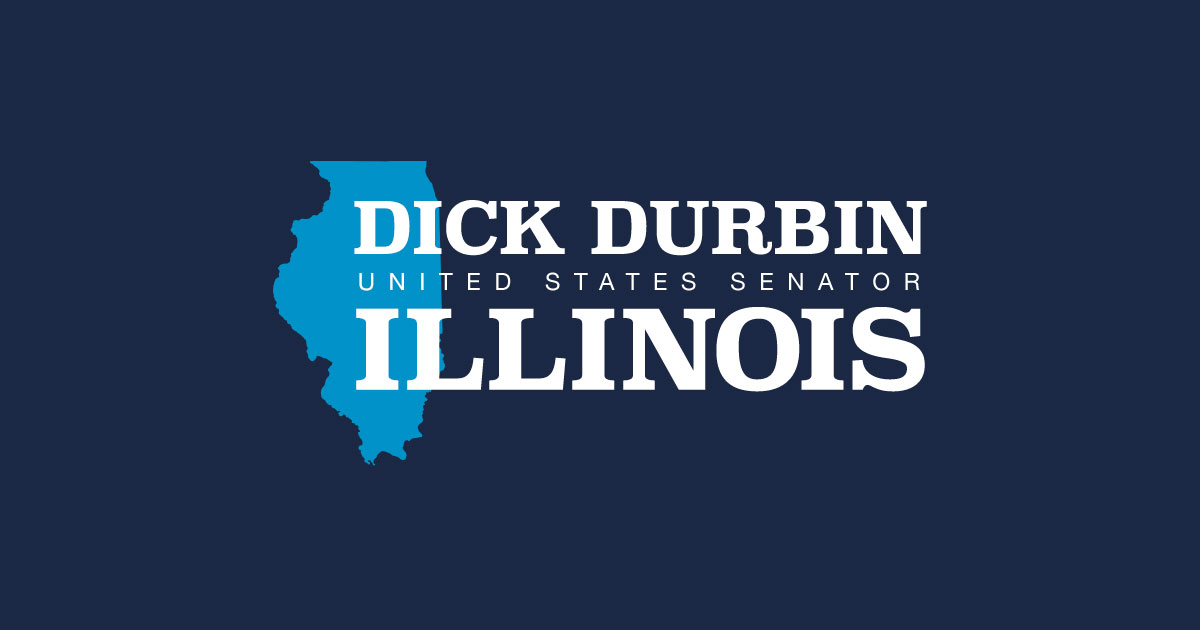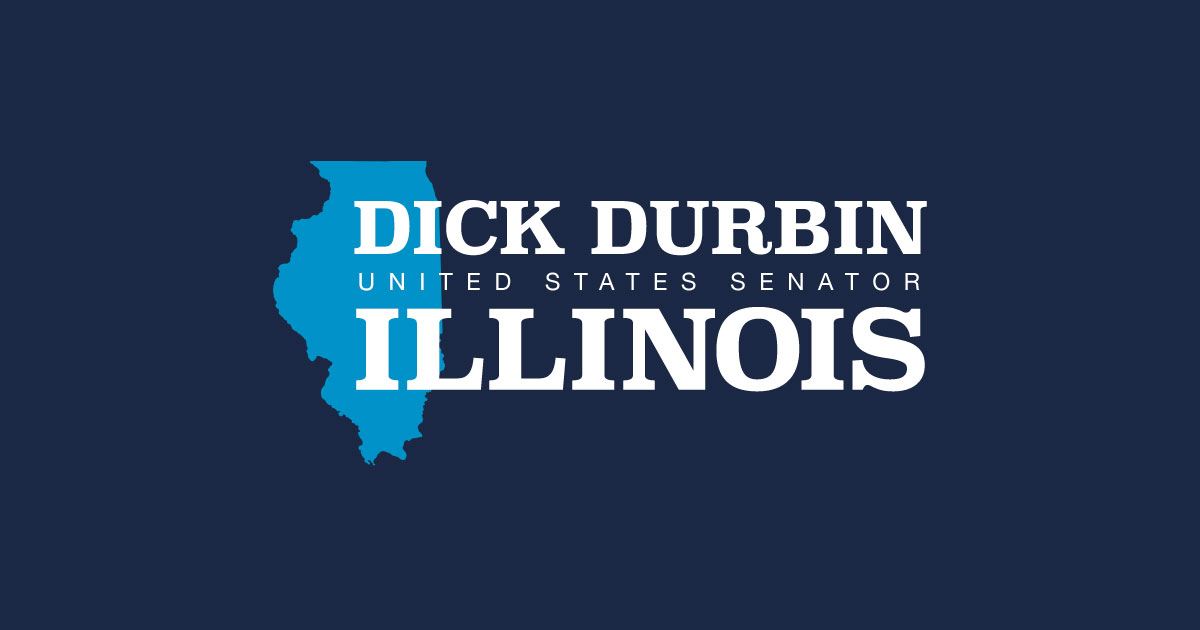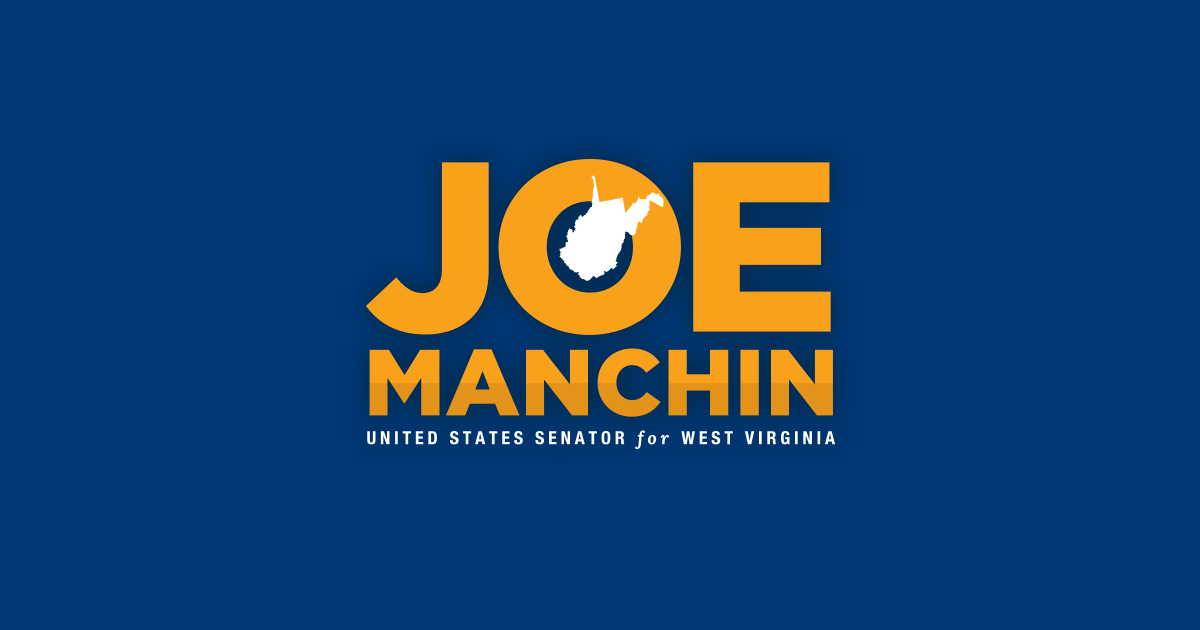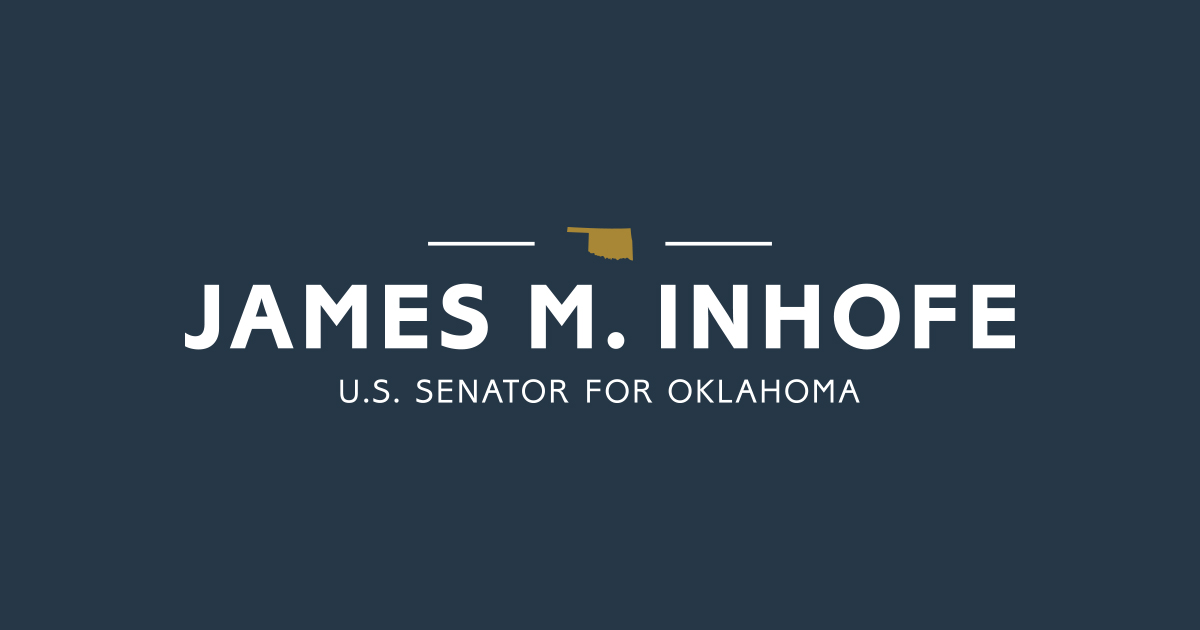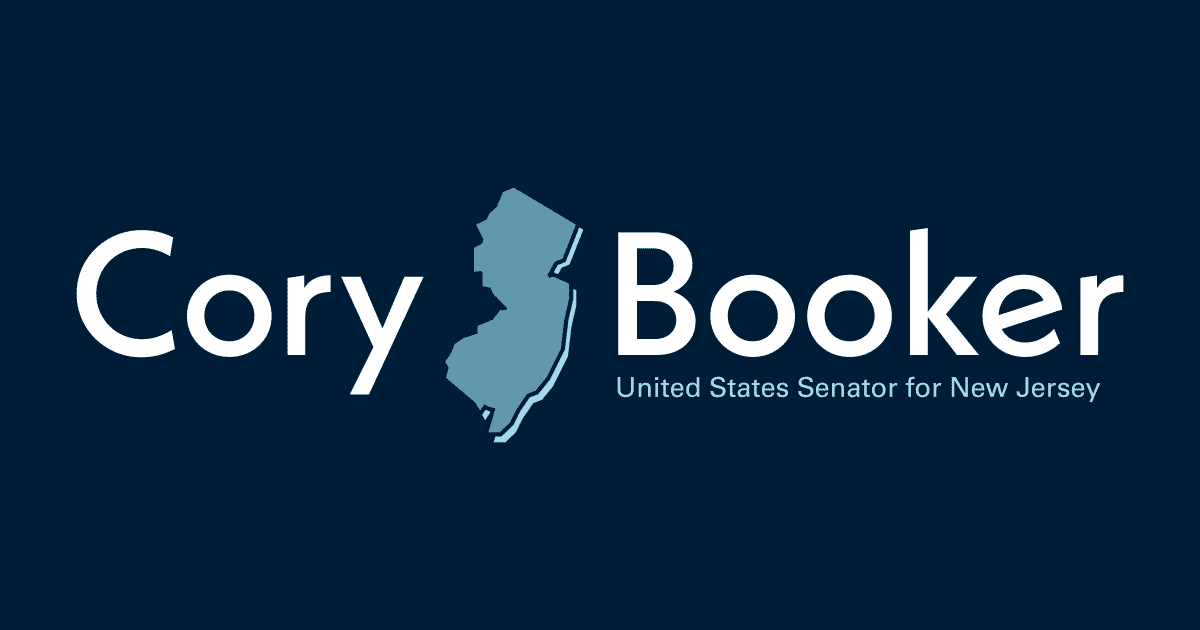Source: United States Senator for Illinois Dick Durbin
11.29.22
In his letter, Durbin urges Secretary Vilsack to implement regulations for breeders suggested in Durbin’s Puppy Protection Act
WASHINGTON – Today, U.S. Senate Majority Whip Dick Durbin (D-IL) led 23 of his Democratic colleagues in sending a letter to U.S. Secretary of Agriculture Thomas Vilsack urging him to update standards for commercial breeding facilities regulated under the Animal Welfare Act (AWA). In the letter, Durbin calls on Secretary Vilsack to implement the strong standards for veterinary care, housing, and breeding of dogs suggested in Durbin’s Puppy Protection Act.
“We write to request that the United States Department of Agriculture (USDA) consider updating its standards of care for dogs living in commercial breeding facilities regulated under the Animal Welfare Act (AWA)…This Congress, we introduced the Puppy Protection Act (S. 1385), which would amend the AWA and provide several critical updates for the humane treatment of dogs by licensed breeders operating in the United States. The legislation would ensure dogs receive adequate housing, caging, feeding and watering, human and other animal socialization, and veterinary care,” the Senators wrote.
The Senators continued their letter by emphasizing the repercussions for pets and owners when licensed breeders are not exceeding current U.S. Department of Agriculture (USDA) standards.
“American consumers assume that ‘USDA-licensed’ dog dealers meet high standards for raising dogs. However, too many American consumers have been disappointed to find out their dog lived in substandard conditions before purchase, and often deal with the repercussions of a sick puppy once they’ve purchased the dog. We are hopeful that USDA will take the long-overdue step of ensuring its regulatory standards of care for dogs meet the expectations and demands of the American public,” the Senators wrote.
The Senators concluded their letter by noting the strong support for the regulations included in the Puppy Protection Act. They encouraged Secretary Vilsack to implement these new, stronger standards for the health of dogs and for the peace of mind of pet owners.
“The need for increased standards of care for dogs in USDA-licensed facilities is evident through strong congressional support for thePuppy Protection Act. We encourage USDA to update its regulatory standards of care to embrace the requirements embedded within this bill,” the Senators ended their letter.
Joining Durbin in sending the letter are U.S. Senators Dianne Feinstein (D-CA), Cory Booker (D-NJ), Chris Van Hollen (D-MD), Raphael Warnock (D-GA), Tammy Duckworth (D-IL), Tina Smith (D-MN), Ben Cardin (D-MD), Bob Menendez (D-NJ), Richard Blumenthal (D-CT), Jeanne Shaheen (D-NH), Elizabeth Warren (D-MA), Bernie Sanders (I-VT), Alex Padilla (D-CA), Tim Kaine (D-VA), Ron Wyden (D-OR), Sheldon Whitehouse (D-RI), Chris Murphy (D-CT), Kirsten Gillibrand (D-NY), Patty Murray (D-WA), Jack Reed (D-RI), Jacky Rosen (D-NV), Mark Warner (D-VA), and Jeff Merkley (D-OR).
Today’s letter builds on Durbin’s efforts to ensure that breeders are treating dogs humanely. In 2013, Durbin introduced the Puppy Uniform Protection and Safety Act (PUPS Act) to require breeders that sell more than 50 dogs annually to be licensed and to undergo inspections to ensure their dogs are receiving proper care. In 2014, USDA implemented a rule based on Durbin’s PUPS Act to close a loophole in the AWA that allowed domestic puppy mills to sell puppies on the internet without proper regulation or inspections.
Full text of the Senators’ letter is available here and below:
November 29, 2022
Dear Secretary Vilsack,
We write to request that the United States Department of Agriculture (USDA) consider updating its standards of care for dogs living in commercial breeding facilities regulated under the Animal Welfare Act (AWA). These updates are necessary to ensure breeding facilities provide dogs with proper care.
This Congress, we introduced the Puppy Protection Act (S. 1385), which would amend the AWA and provide several critical updates for the humane treatment of dogs by licensed breeders operating in the United States. The legislation would ensure dogs receive adequate housing, caging, feeding and watering, human and other animal socialization, and veterinary care.
USDA has the authority to update these standards, and most responsible breeders are already meeting them. More than half of the dog breeders regulated by USDA already reside in states with laws that prescribe higher standards of care, including Ohio, Missouri, and Pennsylvania.
American consumers assume that “USDA-licensed” dog dealers meet high standards for raising dogs. However, too many American consumers have been disappointed to find out their dog lived in substandard conditions before purchase, and often deal with the repercussions of a sick puppy once they’ve purchased the dog. We are hopeful that USDA will take the long-overdue step of ensuring its regulatory standards of care for dogs meet the expectations and demands of the American public.
The need for increased standards of care for dogs in USDA-licensed facilities is evident through strong congressional support for the Puppy Protection Act. We encourage USDA to update its regulatory standards of care to embrace the requirements embedded within this bill.
While we commend USDA for its efforts to ensure that dogs and puppies are better protected under the AWA, we urge the agency to ensure the way dogs are cared for in USDA regulated facilities meets the expectations of the American public. Thank you again for your consideration of this important issue.
Sincerely,
-30-
